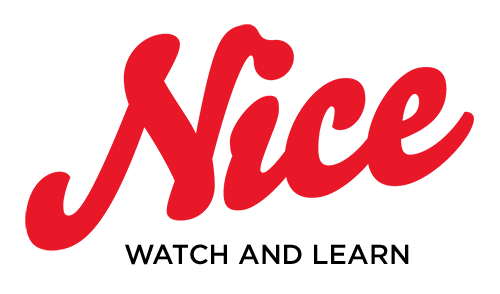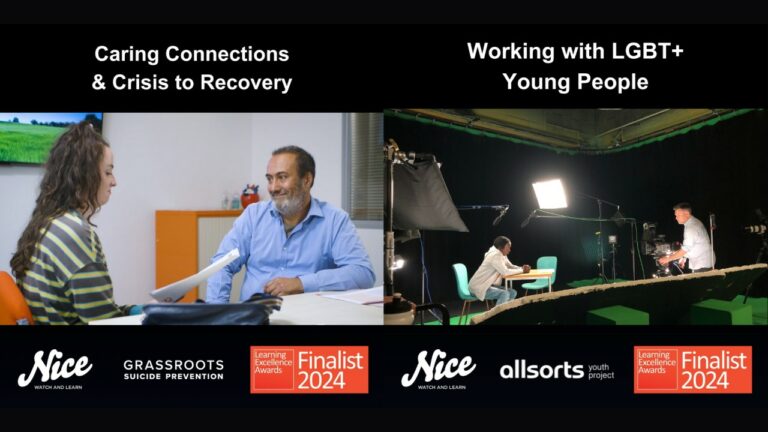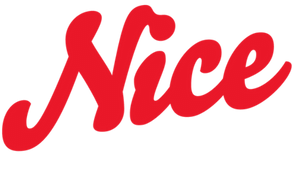The Learning Technologies Summer Forum, an exhibition and seminar event held on the 16th June at Olympia London, is the energetic little sibling of the much larger conference held in January. Keen to keep abreast of what key thinkers in Learning and Development are talking about, what they are doing and the latest developments in the field, Nice Media grasped the opportunity for a team outing and closed the office for the day to head off to London.
As the new Programme Manager here at Nice Media this was also the perfect opportunity for me to immerse myself in the world of eLearning and to get to know the team a bit better, e.g. how well they travel – there is something about being crammed onto a packed London train that can bring out a person’s true nature, like some kind of Bear Grylls urban survival test. However, Cara ruined this by organising everything so immaculately that things went far too smoothly to test anyone’s patience and the train was uncharacteristically crush free.
Once we arrived at the bustling exhibition, we headed off to our respective open theatres to catch the talks that most grabbed our attention.
Mark Weber (Chairman, Atticmedia) in Digital learning: the revolution still waiting to happen, talked about the need for learning to be at the core of things, not a burden, and how businesses need to provide the technology, space and tools in order to take advantage of the intellectual capital at their disposal. I was interested by the concept of ‘intellectual capital’ and the emphasis on seeing employees’ intellectual growth as a resource to be invested in.
Being part of a company that has core values at its heart, I was intrigued by Philip Purver’s (Group CEO, TWM Ltd) The role of technology in enabling a values based culture. In this seminar Purver explains that rather than cascading values from the top down in an organisation, technology and eLearning can facilitate the process of embedding those values, like 
My final talk of the day, Engagement and motivation: improving learning outcomes was given by Walkgrove Ltd’s Lucy Hodge. Here, Hodge discussed the improved learning outcomes gained by prioritizing motivation over engagement. I was interested in the definition of intrinsic and extrinsic motivation: my understanding being that intrinsic motivation refers to something that is personally rewarding, whilst extrinsic motivation refers to something that carries external reward. Hodge explains that it is a challenge to develop motivation in learners, therefore the best approach is to build in alignment with learners’ motives. Hodge goes on to discuss some key theories in the field (such as John Keller’s ARCS model of motivational design and Deci & Ryan’s Self-Determination Theory) providing some useful pointers for further research. Of course, no cutting edge talk would be complete without mentioning ‘gamification’ (see below). Described as ‘the trappings of games’, Hodge suggests that gamification enables learning designers to align with intrinsic motivation and provide extrinsic motivation. Hodge echoes Weber by arguing that learners can ‘learn despite themselves’ if they are provided with organisational support and surrounded by a ‘learning culture’.
Meanwhile, Production Coordinator Cara Ghoshal was also finding out about gamification at A game engine in action: How we lit up fire safety at Tesco (Dr Richard Hyde, CEO, Mind Click).
Gamification is still not quite a mainstream idea, as Richard highlighted in his talk, quoting one – perhaps thankfully anonymous source – who had told them “I don’t employ people to p*** around playing Minecraft”!
Of course, Gamification is a little more than sending your learners off to play five hours of Call of Duty, and he took us through the advantages of implementing it in your learning – such as making it replayable – taking us through their new project, a (rather fun looking) virtual board game teaching Fire Safety for Tesco.
It was great to see a project that was working but still being improved and have some of the Mind Click team’s thought processes explained. For example, he took us through their debate on whether or not – and how – to add leaderboards to a project – pointing out that while they show what’s achievable and creates competition, it can also discourage collaboration and even encourage people to cheat! Proof there’s more to think about in gamification than levelling up.
Richard Gibbons, our cameraperson/editor extraordinaire picked Agile Toolkit – Learning Lessons from TV Journalism (James Woodman, Consultant, Acteon) as his seminar highlight.
As somebody whose first venture into the industry was in TV Journalism, I found this talk of particular interest. Woodman’s overall message in a nutshell was that often, a true story constructed through interviews will be a more powerful learning resource than a scripted message delivered by somebody high up in an organisation.
In video of course, each situation is different and will require a different approach – and that’s vitally important to remember.
The basic premise of achieving this revolves around keeping an open mind when heading into the production. Instead of planning every single element, arrange some interviews and plan the questions, then let the video construct itself based on the content captured. For added authenticity, use observational shots and natural sound, to best capture the scene as accurately as possible.
The idea of an Agile Toolkit derives from the fact that Video Journalists make these videos every day, under pressure. They work with limited but carefully selected equipment and have to make quick decisions as they go, reacting to the feel of the situation.
Here at Nice Media, due to our respective backgrounds we have made a number of speciality pieces in this style; it is something we believe in and often recommend. Therefore it was good to see someone pushing the ideas and values of true stories.
Donald H Taylor, Chairman of the Learning and Skills Group, describes the seminar programmes, speakers and their subjects at the forum as ‘catalysts to action’ and like any good learning opportunity, the forum was not just about coming away with answers but taking away new questions to ponder.







